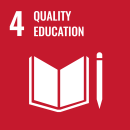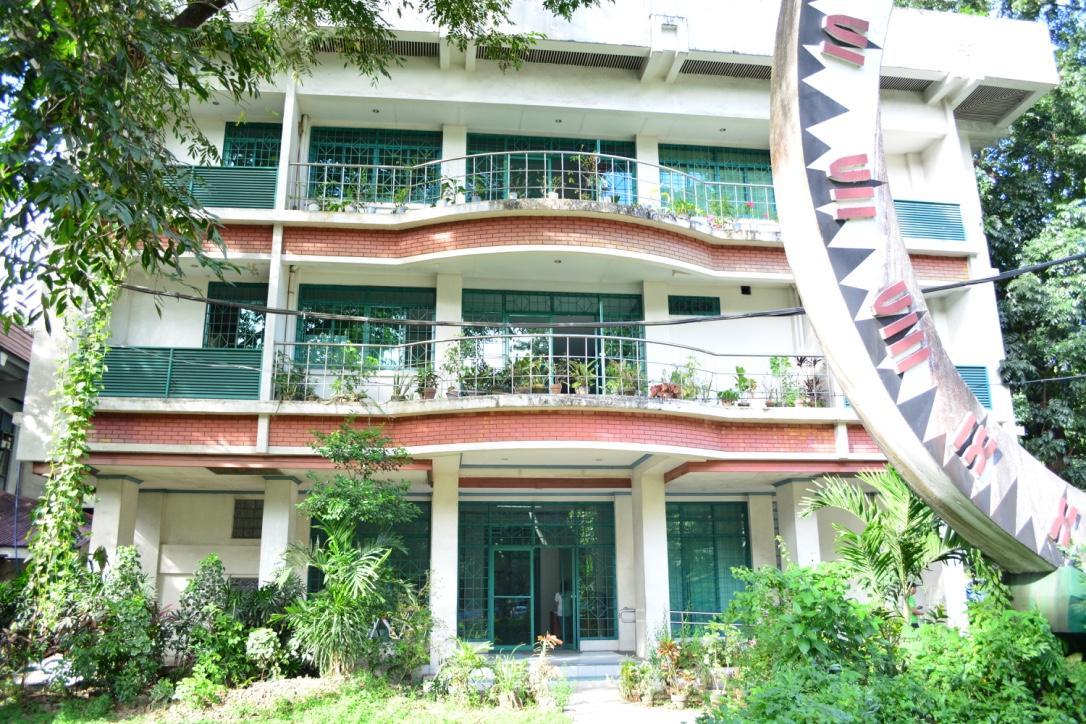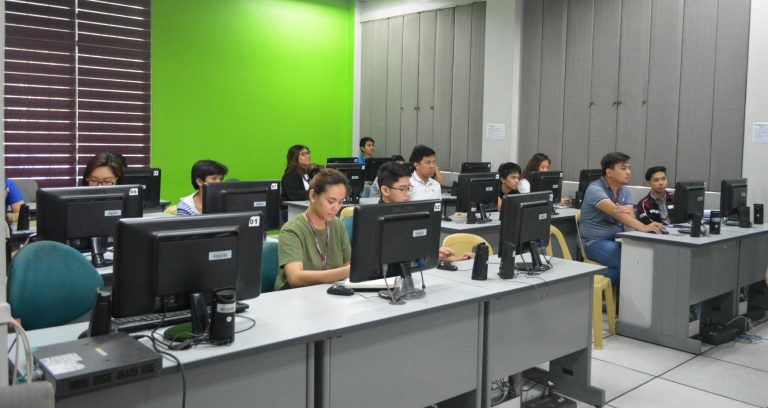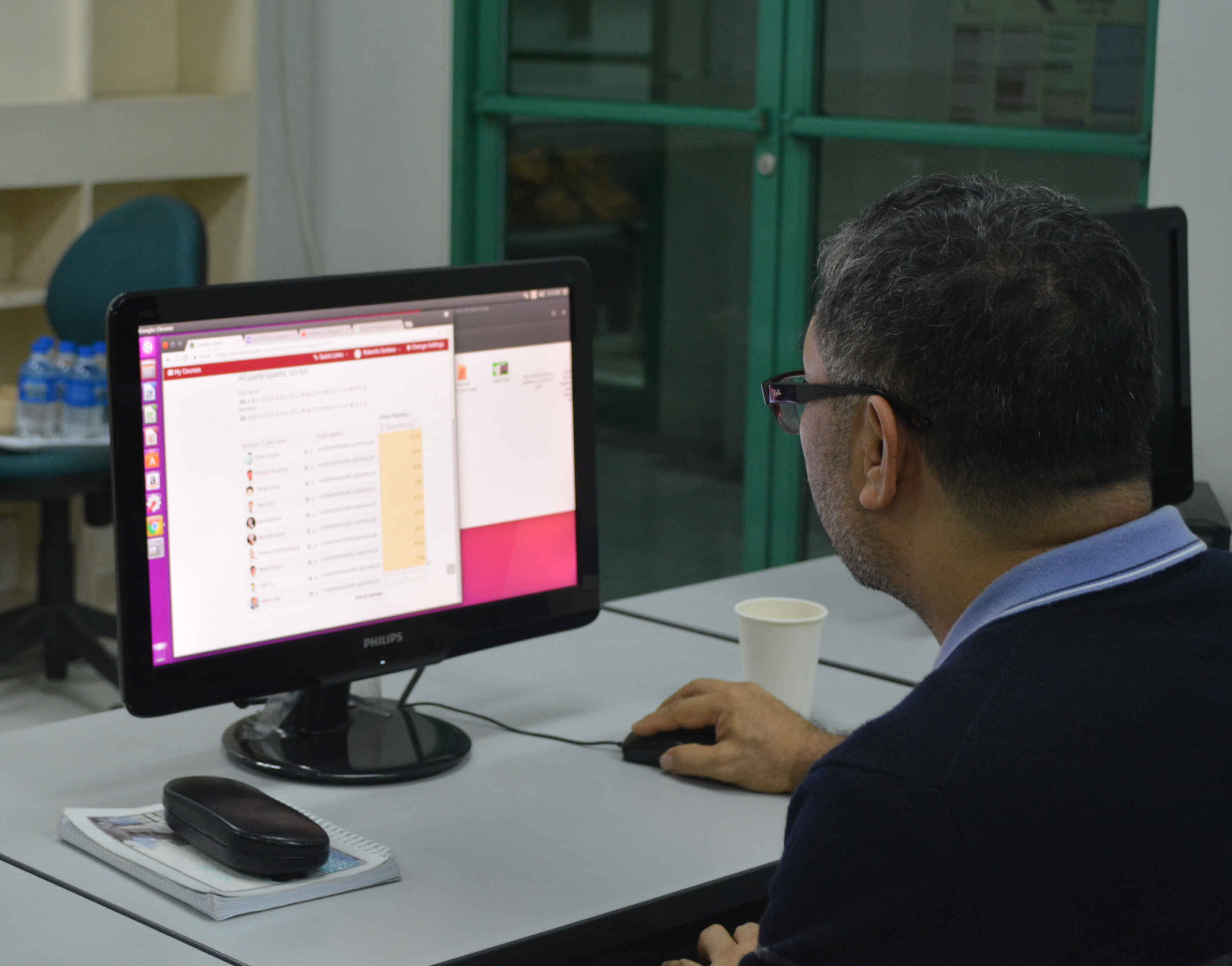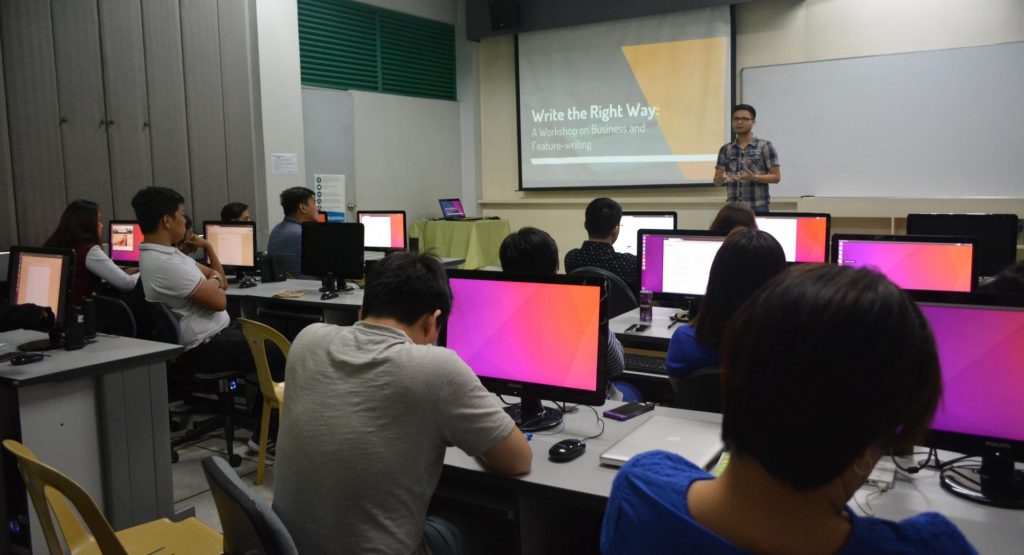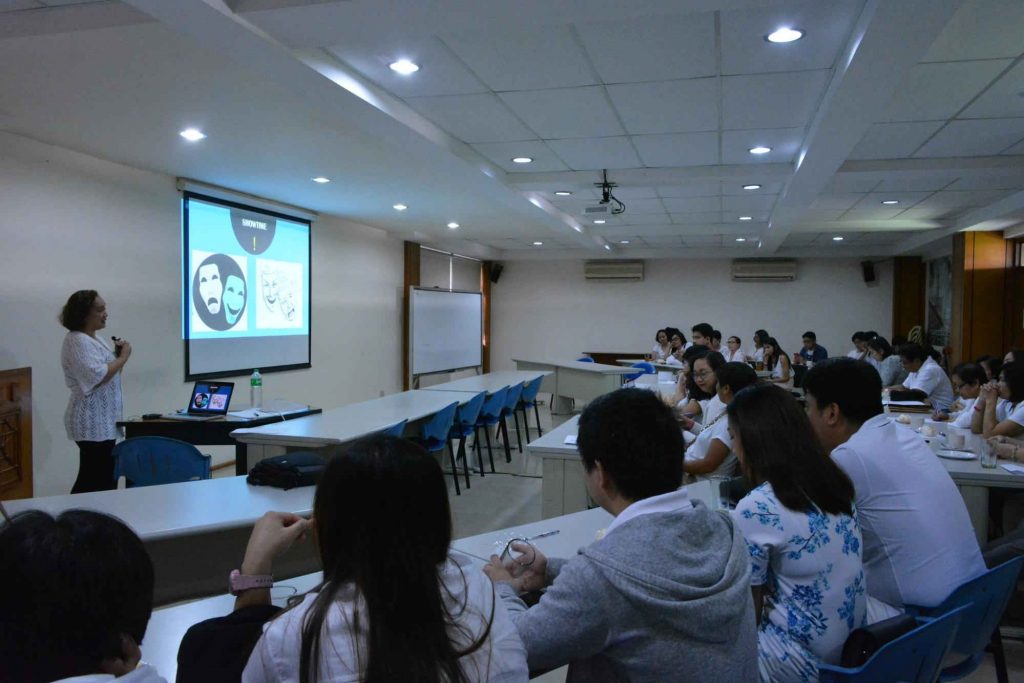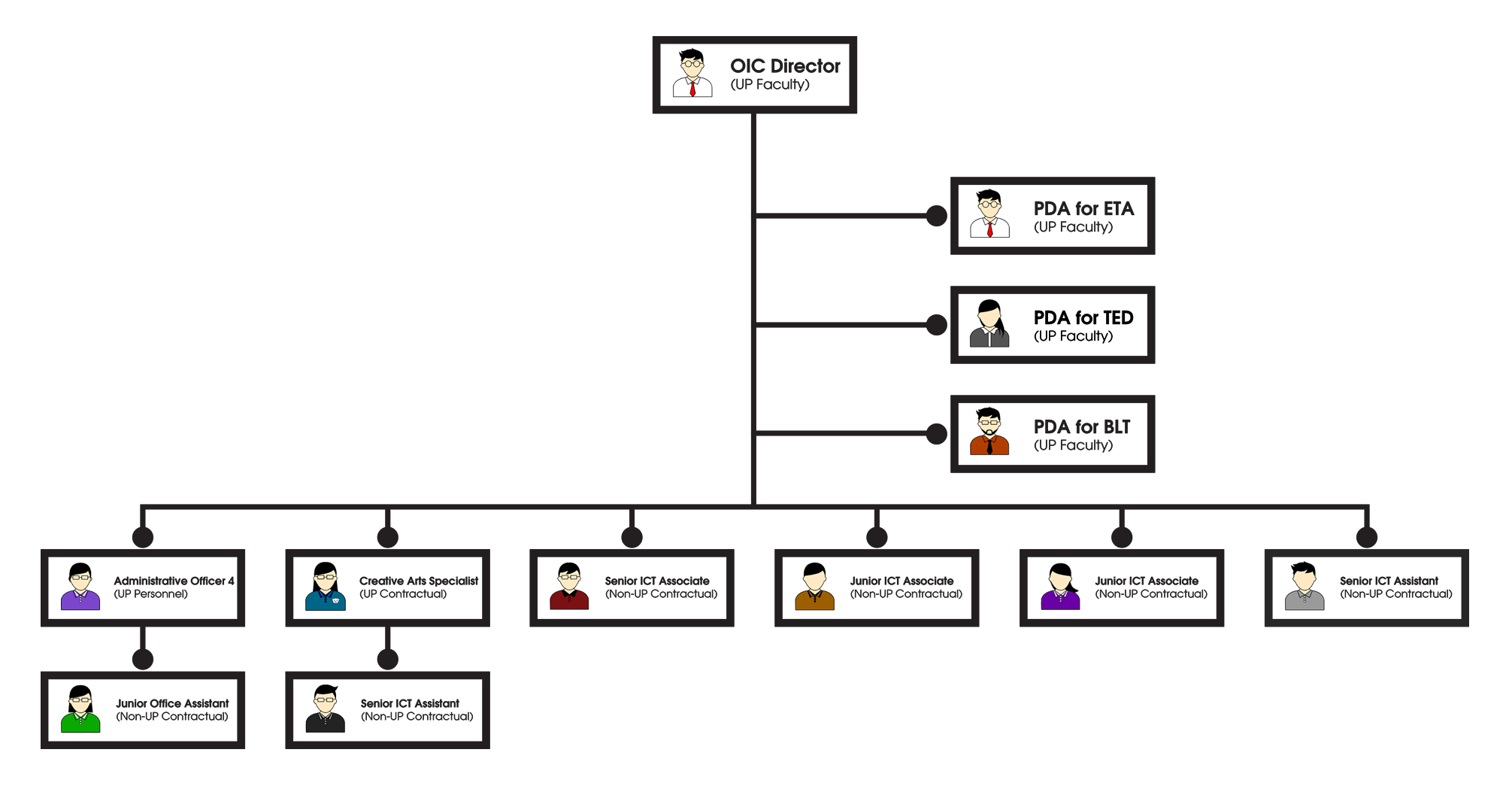
How was ILC Diliman established?
In light of the revitalization of General Education (GE) program and the numerous pedagogical application of new technologies, the Board of Regents (BOR) during its 1175th meeting on September 25, 2003, the establishment of an Interactive Learning Center (ILC) in each of the constituent universities was approved. On October 6 of the same year, the Diliman Interactive Learning Center (DILC) was established.
ILC Diliman
The Interactive Learning Center (ILC) Diliman, formerly DILC, is under the Office of the Vice Chancellor for Academic Affairs (OVCAA) mandated to help in the development of faculty expertise in the use of technologies in teaching and learning.
ILC Diliman operates the on-line learning management system of the university, as well as promotes the production and use of interactive instructional materials.
ILC Diliman aims to facilitate and supplement teaching and learning through the use of education technologies. It aspires for the mainstreaming of the development, application and promotion of interactive learning. It strives to go beyond producing products and delivering services through the active and collaborative participation of the entire academic community. ILC Diliman: promoting education technologies for Invaluable, Leading-edge, Collaborative and Dynamic teaching and learning!
ILC Diliman’s main functions are to produce multimedia materials, monitor and evaluate applications for and outcomes of instructional multimedia projects, ensure the accessibility of materials of students and faculty, organize training sessions on instructional technologies, maintain and upgrade equipment and facilities, and enforce policies that ensure the quality of materials.
During the period 2003-2007, ILC Diliman focused on the development of learning objects (LOs), podcasts (i.e., audio learning materials) and vodcasts (video learning materials).
In 2008, the UVLê (University Virtual Learning Environment) operations were completely transferred to ILC Diliman (from UP Computer Center). During the same year, ILC Diliman also started with video recording and video conferencing services, as well as other web services such as having a wiki (website for collaborative contributors or contents) and hosting of the university’s community radio. Over the period 2009-2013, more web-related services (e.g., peer-to-peer file sharing, conference management system, do-it-yourself platform for website/page/portfolio creation) as well as mobile apps (e.g., UVLê for mobile, personal updater) were offered by ILC Diliman.
ILC Diliman provided trainings on the use of its services and on the use of technology to upgrade competence (among the teaching staff) and enhance learning process. It was also during this period that ILC Diliman started its internship program and had partnered with institutions for external projects. Since 2014, ILC Diliman continues to update and enhance its functions and services. ILC Diliman has grown with its ardent responsibilities, active collaborations, and diverse services.
During the period of 2014 to early months of 2016, the different offices under the Office of the Vice Chancellor for Academic Affairs (OVCAA) reviewed and evaluated the roles and processes of each office. In February 2016, the OVCAA restructuring proposal was completed. In April 2016, the BOR approved the changes in structures and functions of the different OVCAA office. For uniformity in naming, DILC was renamed as Interactive Learning Center or ILC Diliman. Its mission, vision and functions were strengthened and reformulated. At ILC Diliman’s core is teaching and learning through education technologies. Education technology refers to the resources, services, and tools that facilitate and enhance learning and teaching within and outside the classroom, including their development, application, and promotion.
Our Vision
ILC Diliman envisions to be the leader in the development, deployment, and use of educational technologies and multimedia services, and have an active and cohesive faculty and students who promote a culture of using technologies that advance teaching and learning.
Our Mission
To promote use of technologies for teaching and learning;
To support the interactive learning process through the development and production of educational (multimedia) materials;
To advance faculty expertise/skills in the development and production of interactive learning materials; and
To implement policies and guidelines for the development and production of interactive learning materials
Our Functions
The ILC Diliman as an academic institution shall be guided by the principles of administrative competence, operational maturity, teaching and learning methods enhancement, academic community collaboration and clientele/user satisfaction in meeting its goals. ILC Diliman shall have the following functions:
Resources
Make available facilities and tools for production and use of teaching and learning materials
Develop and maintain online learning management systems
Trainings and Services
Facilitate trainings and discussions on educational technologies, including acceptable use policy
Promote multimedia, web and mobile services to enhance teaching and learning
Policies and Standards
Recommend policies and guidelines to ensure quality of online teaching and learning materials
Recommend technological facilities and tools for the advancement of teaching and learning
Linkages
Coordinate with University offices on services, activities and projects for instructional design and advancement of teaching
Establish external linkages for implementation of services, projects and activities on online teaching and learning systems
Resources
Make available facilities and tools for production and use of teaching and learning materials
Develop and maintain online learning management systems
Trainings and Services
Facilitate trainings and discussions on educational technologies, including acceptable use policy
Promote multimedia, web and mobile services to enhance teaching and learning
Policies and Standards
Recommend policies and guidelines to ensure quality of online teaching and learning materials
Recommend technological facilities and tools for the advancement of teaching and learning
Linkages
Coordinate with University offices on services, activities and projects for instructional design and advancement of teaching
Establish external linkages for implementation of services, projects and activities on online teaching and learning systems

